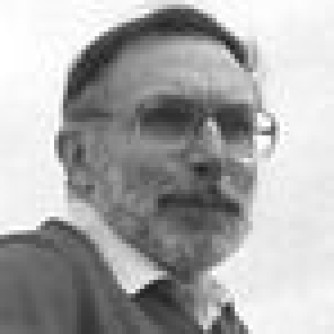
Denis Bellamy
Information
I have been working for many years with International Classrooms On Line (ICOL), the National Museum of Wales and the Wildlife Trust of South and West Wales to explore ways of applying arts reasoning to express sustainability (AAR-TES) in the context of the UN's 2030 Strategy. The Strategy evolved from the 1992 Earth Summit in Rio de Janeiro, which was the largest meeting of world leaders ever. Together they launched a sustainable development agenda to bring our demand on Earth's natural capital in line with its limited capacity to regenerate. Immediately after Rio thousands of young people from nearly 100 countries worked together summarising the agenda as a book, entitled 'Rescue Mission; Planet Earth'. It was lavishly illustrated with their artwork and writings to establish a global democracy of young people at the heart of the mission. Their inputs could be described as poster/postcards, because each page was defined by a statement from the agenda, one or more pictorial comments on it and some text comments from the authors. The young people's democracy was not established because at that time the Internet was in its infancy, ICOL is now revisiting this unique initiative using its pattern language to deliver an online, customisable, international, democratic syllabus of hope. The cross curricular knowledge system is cultural ecology defined as a sustainable circular economy adapting equitably to climate change.
Website
Blog
http://blog.culturalecology.info/